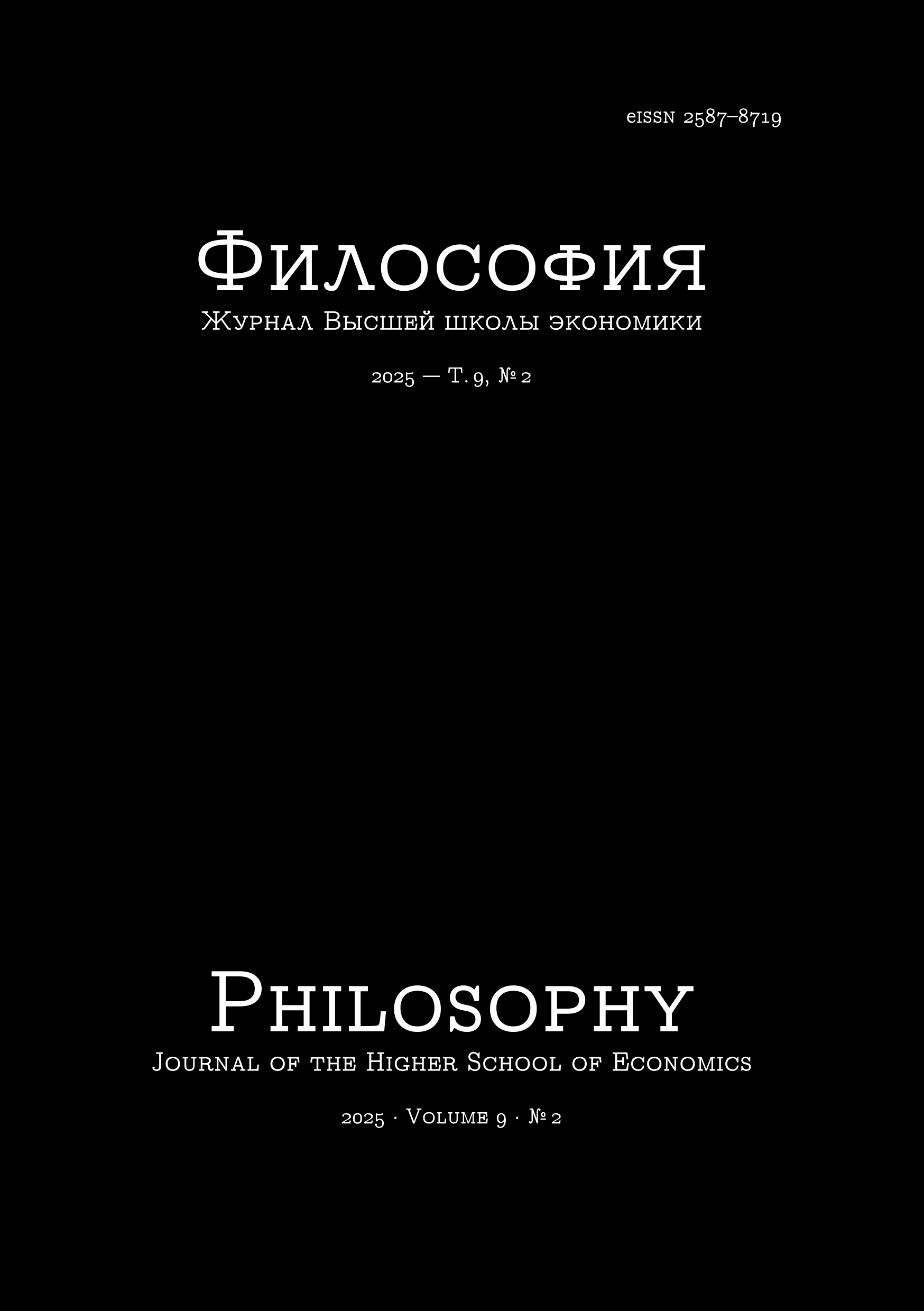Anthropocentrism as a Principle in the Dogmatic Interpretation of Legal Person
Abstract
The widespread adoption and recognition of the legal person as a subject of law in most contemporary legal systems worldwide is largely attributable to the influence of the Romano-Germanic legal tradition where this generalized concept and its corresponding institution only reached its definitive form by the 19th century, thanks to its dogmatic conceptualization by legal scholars in Western Europe. The author of this article uses a historical-legal (diachronic) comparison to identify the doctrinal origins and milestones of this long and complex process, rooted in the medieval scholastic reinterpretation of the principle of anthropocentric vision of law, inherited from ancient philosophical and legal thought. The doctrine of theologians and legal scholars combined and transformed the concepts of subject of law, subjective right, and legal person. Ultimately, it led to the formulation of the dominant 19th-century will theory (fiction theory) of the legal person in the doctrines of leading German and French civil law scholars. The article also demonstrates how the critique of the will theory, as the concept based on it became more widespread in the dogmatics of public law, led to a gradual abandonment of the anthropocentric vision of the legal person and the subject of law itself. This departure from the Roman axiom challenges one of the foundations of the Continental European legal tradition but revisits the label of exoticism of the legal personality of idols, animals, and natural objects known in non-Western religious-legal traditions. Also, it allows for the recognition of the legal personality of artificial intelligence and cybernetic organisms.
Downloads
Copyright (c) 2025 Philosophy Journal of the Higher School of Economics

This work is licensed under a Creative Commons Attribution-NonCommercial 4.0 International License.






